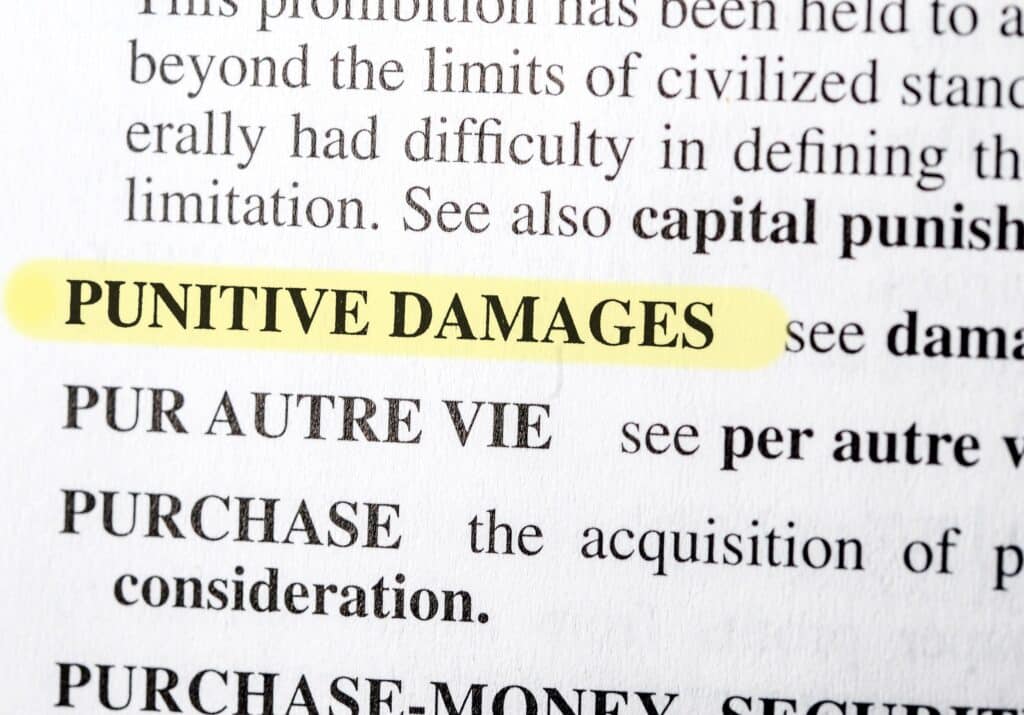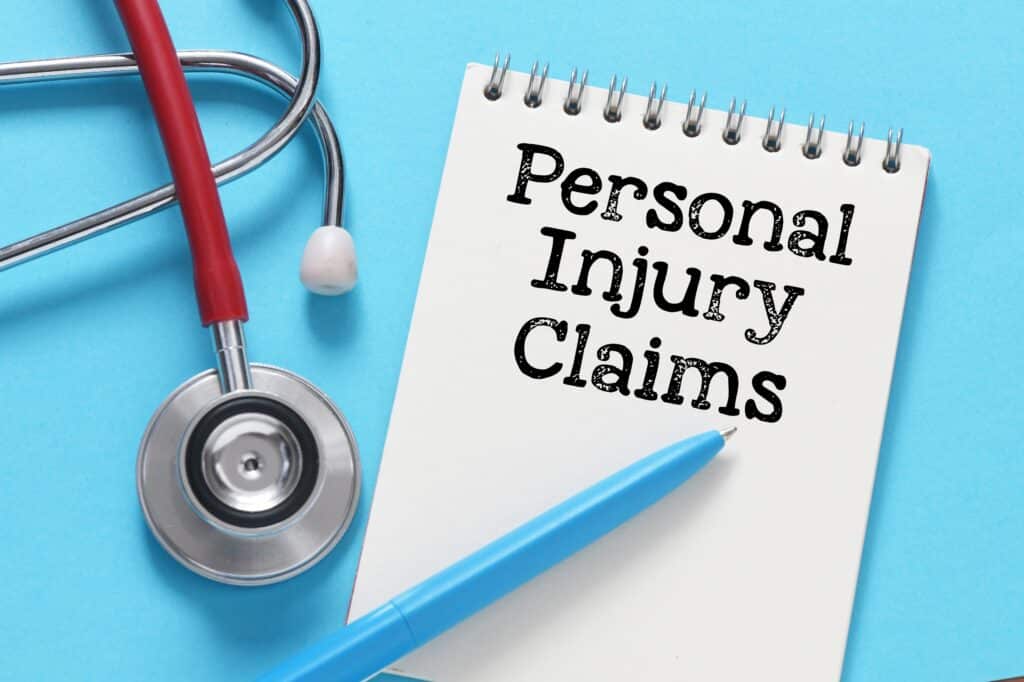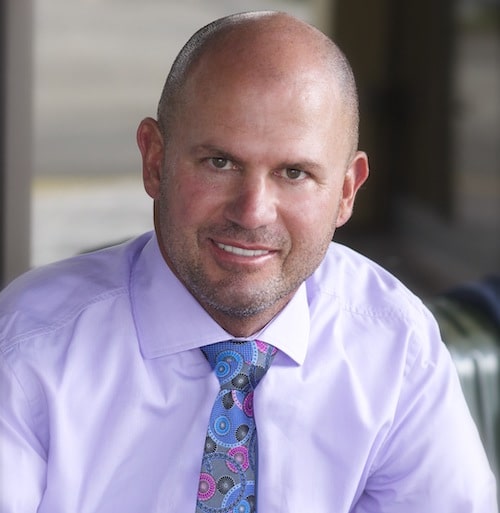What Is the Average Wrongful Death Settlement?
Gregg Hollander | October 29, 2024 | Wrongful death

Strictly speaking, it’s impossible to calculate an average wrongful death settlement. Each wrongful death lawsuit payout is unique because it is based on several factors that vary with each situation. The amount each claimant will receive depends heavily on the facts surrounding their claim.
In general, a wrongful death claim arises when someone dies because of someone else’s negligence. The value of a lost life is hard to calculate, but if you can prove your claim and the responsible party has sufficient resources, you can recover substantial compensation.
One way to estimate your wrongful death settlement is to consider the facts of your case related to the factors listed below.
However, the best way to fully understand how much you may receive in a wrongful death lawsuit payout is to consult an experienced personal injury lawyer who can ask questions to better understand what happened and give you a solid estimate of the value of your claim. Most Boca Raton wrongful death lawyers will evaluate your claim for free.
What Is a Wrongful Death Claim?
A wrongful death claim resembles a personal injury claim when an injured person requests compensation from the person responsible for the incident. Similarly, wrongful death claims arise when someone suffers a fatal injury after an incident caused by another person’s negligence, carelessness, or intentional behavior.
In a wrongful death lawsuit, the goal is to hold the defendant legally responsible for the death because they committed some form of misconduct. Misconduct means they did something they should not have done or they failed to do something they should have done.
Examples of misconduct include:
- A driver causes a fatal traffic accident by running a red light;
- A doctor fatally harms a patient by failing to diagnose a terminal illness despite obvious indicators; or
- A criminal intentionally kills a victim during a robbery.
Of course, many other types of conduct can trigger a wrongful death claim. Florida’s wrongful death statute governs wrongful death claims that arise in the Sunshine State. A knowledgeable wrongful death law firm can explain how the law applies to your circumstances.
What Compensation Can You Request in an Average Wrongful Death Settlement?
Florida law allows the injured victim’s family and estate to pursue various types of compensation related to the person’s death.
You may recover wrongful death compensation for:
- Loss of the deceased person’s services and financial support;
- Loss of protection;
- Loss of companionship;
- Loss of instruction and guidance (for the victim’s children);
- Emotional pain and suffering; and
- Reimbursement for funeral and burial expenses that a family member paid.
In addition, a court might award certain compensation to the deceased victim’s probate estate, including amounts for:
- Lost wages and benefits from the date of the victim’s accident until the date of their death;
- The amount that the victim would likely have earned (and used to benefit their estate beneficiaries) if they had lived out a normal lifespan;
- Medical expenses paid by the victim’s estate for the amount of time they survived after the accident; and
- Funeral and burial expenses paid by the estate.
The victim’s estate will eventually pay what it recovers in a wrongful death lawsuit to the estate beneficiaries.
Punitive Damages

Punitive damages may punish a defendant for outrageous or intentional behavior, not to compensate the victim’s family or estate for financial losses. These damages often require a wrongful death lawyer to prove, and courts don’t usually award them except in exceptional circumstances.
Most insurance companies that represent defendants in injury or death cases will not offer punitive damages during settlement negotiations. They usually argue that if their policyholder acted intentionally or extremely recklessly, the coverage does not apply.
A court may only award punitive damages in certain cases based on Florida’s punitive damages law, as outlined below.
How Punitive Damages Work in Wrongful Death Cases
Florida courts can award punitive damages when the defendant’s conduct is so outrageous that the court decides to punish the defendant instead of merely compensating the victim. Florida courts can award punitive damages in addition to, not in place of, ordinary wrongful death damages.
However, in typical wrongful death cases, the court will not award punitive damages because proving outrageous behavior is very difficult.
In the unusual cases when courts do award punitive damages, Florida limits punitive damages to three times the total amount of compensatory damages (as mentioned above) or $500,000, whichever is greater.
Again, a dedicated injury attorney can explain the limitations of punitive damages and whether your claim might qualify for this form of payment.
What Deductions and Limitations May Apply to a Typical Wrongful Death Lawsuit Payout?
Many legal and practical limitations limit the amount that you may actually receive in an average wrongful death settlement or verdict. Let’s look at some of these limitations next.
Distribution Among Beneficiaries and the Estate
Courts will likely split wrongful death damages among the eligible beneficiaries (the surviving relatives and the victim’s probate estate) on the basis of fundamental fairness. As a beneficiary, you will probably share any wrongful death compensation with others. Surviving spouses typically receive the most compensation.
The Estate May Need to File a Workers’ Compensation Claim

If a work-related injury killed the victim, Florida law might require you to file a workers’ compensation claim rather than a wrongful death lawsuit. This requirement greatly limits the amount of available compensation.
Florida workers’ compensation laws may offer death benefits if the death occurs within one year of the work-related accident that caused it or within five years of a continuous occupational disability that led to the death. Florida limits workers’ comp to $150,000 plus $7,500 for funeral and burial expenses.
You may escape the workers’ compensation system and file an ordinary wrongful death lawsuit in cases where gross negligence or intentional misconduct by the employer caused the death. Ask a reliable injury lawyer to explain your options.
Comparative Negligence – When the Victim Bears Some Responsibility for the Accident
If the victim acted negligently and thereby partially caused the accident, Florida’s comparative negligence principles come into play. Under these rules, a court will assign the victim a percentage of fault and then deduct that percentage from the compensation it awards from the defendant.
For example, if the victim was 10% at fault, the court would deduct 10% from the wrongful death lawsuit payout. However, if the victim was more than 50% at fault, the court cannot award any compensation. Typically, negotiating parties will settle for an amount proportional to the amount they think a court will award.
Insurance Coverage Limits May be Insufficient
Insurance policies pay many wrongful death claims. To the extent that you rely on payment from the defendant’s insurance policy, no insurance company will pay a dime more than its stated policy limits.
Also, since they want to protect their profit margins, many insurance companies may try to lowball your claim or deny it outright. A tenacious wrongful death lawyer can fight for your rights against a stingy insurance company.
The Quality of Negotiating Skills Involved
Most wrongful death claims resolve at the settlement table rather than in court. Having a skilled negotiator on your side can recover the best wrongful death lawsuit payout.
If you try to negotiate your own claim without legal assistance, particularly against an insurance adjuster, your lack of legal negotiating skills could cost you a lot of money. Partner with a skilled personal injury attorney who can protect your rights throughout the negotiation process.
How Clients Pay Legal Fees
Most personal injury lawyers work on a contingency fee basis, which means you only pay legal fees if your lawyer recovers compensation for you.
When you work with a highly skilled lawyer, you will likely end up with far more compensation than you would have received on your own – even after you pay your legal fees. Plus, a compassionate legal team can reduce your stress, bring peace of mind, and allow you to grieve while they protect your legal rights.
Clients Pay Case Expenses at the End
It sometimes costs a lot of money to pursue a wrongful death claim. This is particularly true in scientifically complex cases, Such as those involving defective products and medical malpractice.
For example, your claim may benefit by bringing in expert witnesses, even during negotiations, to testify in complicated auto accident and medical malpractice claims. Investigation expenses can add up quickly.
If you hire a lawyer, they will usually pay these expenses upfront and simply deduct them from your eventual compensation so you incur no out-of-pocket expenses.
Wrongful Death Lawyers Do More Than Just Go to Court

Most people prefer to settle their wrongful death claims and avoid the stress and expense of going to court.
But a lawyer isn’t just for cross-examining witnesses and arguing before a jury. Experienced personal injury lawyers are skilled negotiators and strategists who can hammer out a fair settlement for the maximum amount possible.
To learn more, consult a dedicated wrongful death attorney near you.
Contact Our Wrongful Death Law Firm in South Florida
If you lost a loved one in an accident caused by someone else, please contact the experienced Boca Raton personal injury lawyers at Hollander Law Firm Accident Injury Lawyers for a free consultation today. We have three convenient locations in Boca Raton, Fort Lauderdale, and West Palm Beach.
We proudly serve Palm Beach County, Broward County, and its surrounding areas from these locations:
Hollander Law Firm Accident Injury Lawyers – Boca Raton Law Office
7000 W Palmetto Park Rd #500
Boca Raton, FL 33433
(561) 677-2795
Hollander Law Firm Accident Injury Lawyers – Fort Lauderdale Law Office
200 S.E. 6th Street #203
Fort Lauderdale, FL 33301
(954) 231-2320
Hollander Law Firm Accident Injury Lawyers – West Palm Beach Law Office
319 Clematis St #203
West Palm Beach, FL 33401
(561) 556-2813
